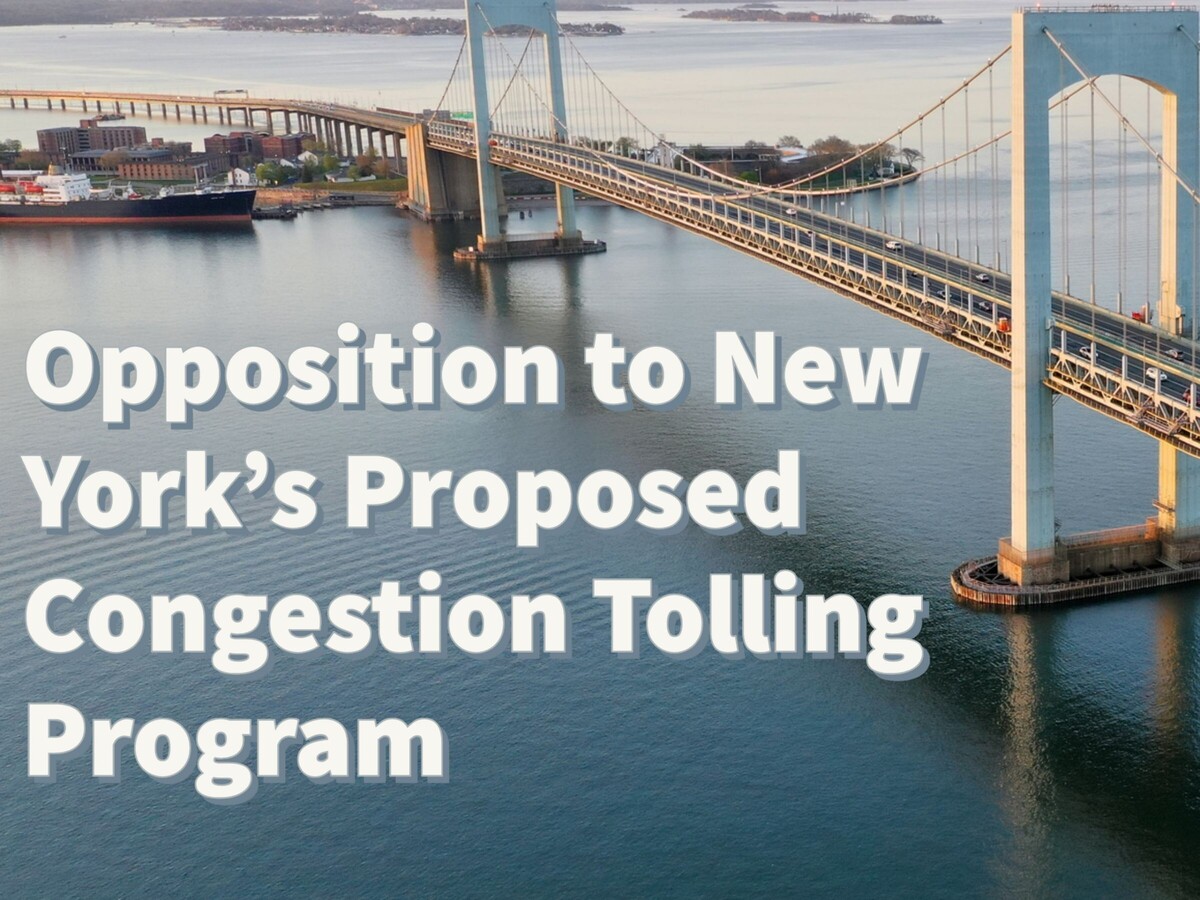Image


Yesterday, New Jersey Governor Phil Murphy intensified his stand against the Metropolitan Transportation Authority's (MTA) proposed Central Business District Tolling Program, which he deems unfairly burdensome to New Jersey commuters and environmentally vulnerable communities.
Murphy's Administration submitted comments to the Federal Highway Administration (FHWA), objecting to the Final Environmental Assessment and the Draft Finding of No Significant Impact (FONSI) for the tolling program. They argued that the plan, created without due consideration for New Jersey's interests, is inadequately designed and, if implemented, will inflict disproportionate harm.
The Governor has consistently advocated for New Jersey commuters, businesses, and residents who, he contends, would unjustly suffer from the MTA’s unreasonable and unprecedented tolling proposal.
Murphy's administration maintains that a full Environmental Impact Statement (EIS) is required to understand the full impact on New Jersey and its residents - a review currently bypassed as the FHWA considers approving the MTA's plan.
"We have always been receptive to a thoughtfully crafted congestion pricing proposal," Governor Murphy said. "But we take serious issue with any scheme designed not to lessen congestion or pollution, but to line the coffers of the MTA on the backs of hardworking New Jerseyans."
The Governor expressed concern about the plan's adverse effects, especially on environmental justice communities who would witness traffic unjustly redirected into their neighborhoods.
Until a comprehensive environmental review is undertaken for the project, which could affect millions of New Jerseyans, Murphy vowed to "evaluate every legal option at our disposal."
The Governor's comments shed light on several perceived shortcomings in the MTA’s environmental assessment, asserting they should prevent the FHWA from greenlighting the project without a full EIS.
These shortcomings include the failure to ensure New Jersey commuters receive full credit for tolls paid to cross into New York City, proposing unreasonable tolls on commuter buses, and not adequately addressing the increased traffic and pollution the proposal would likely cause in New Jersey communities.
More updates to come.